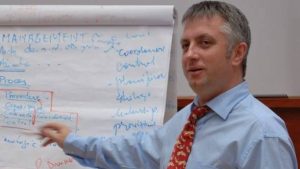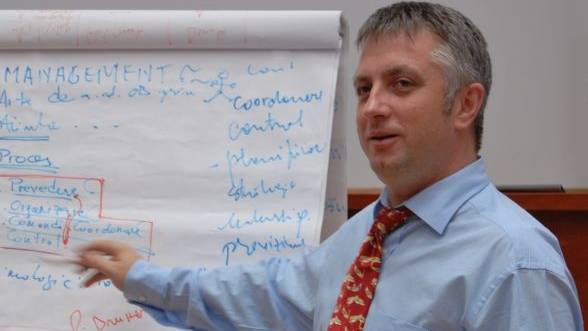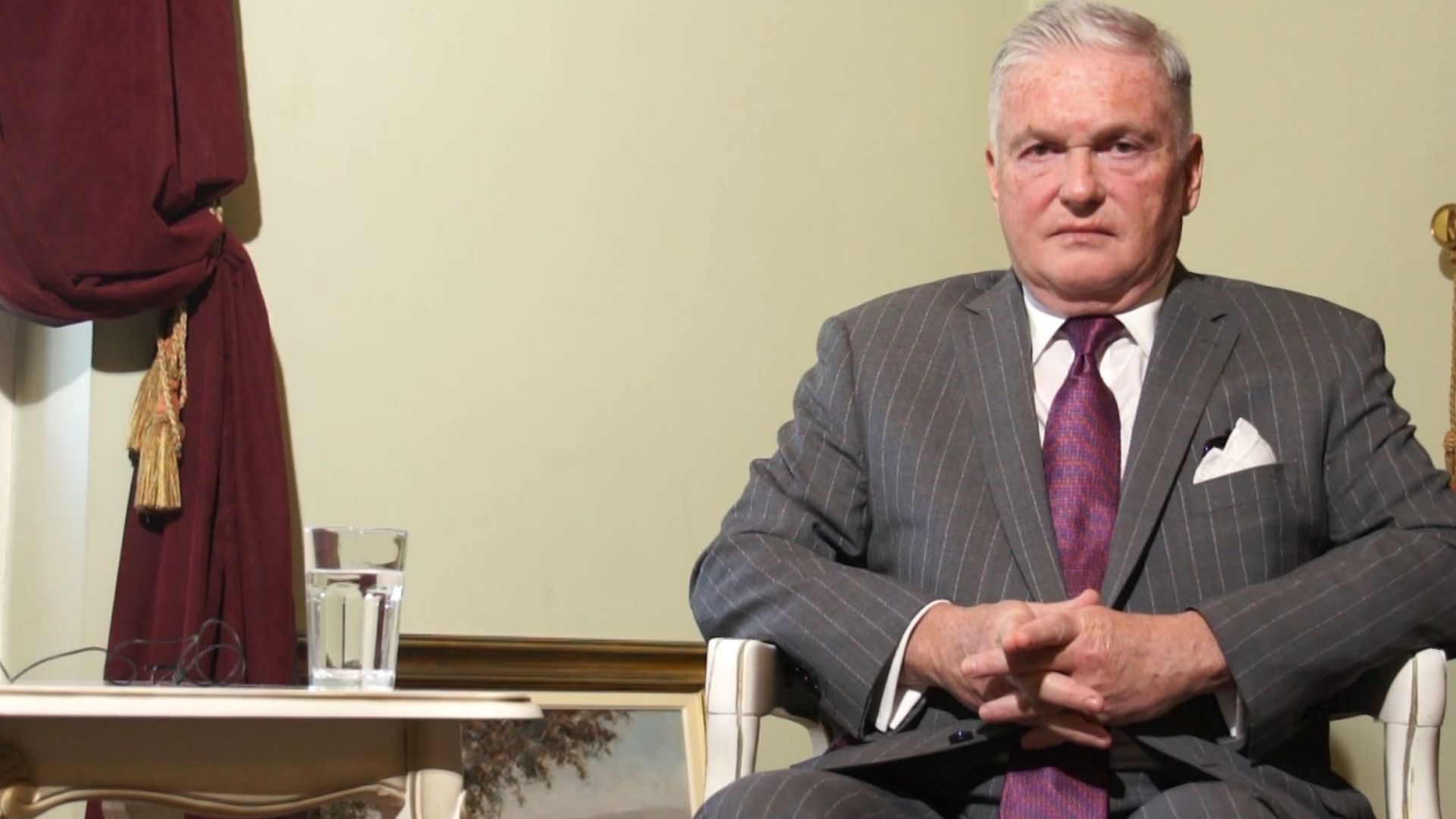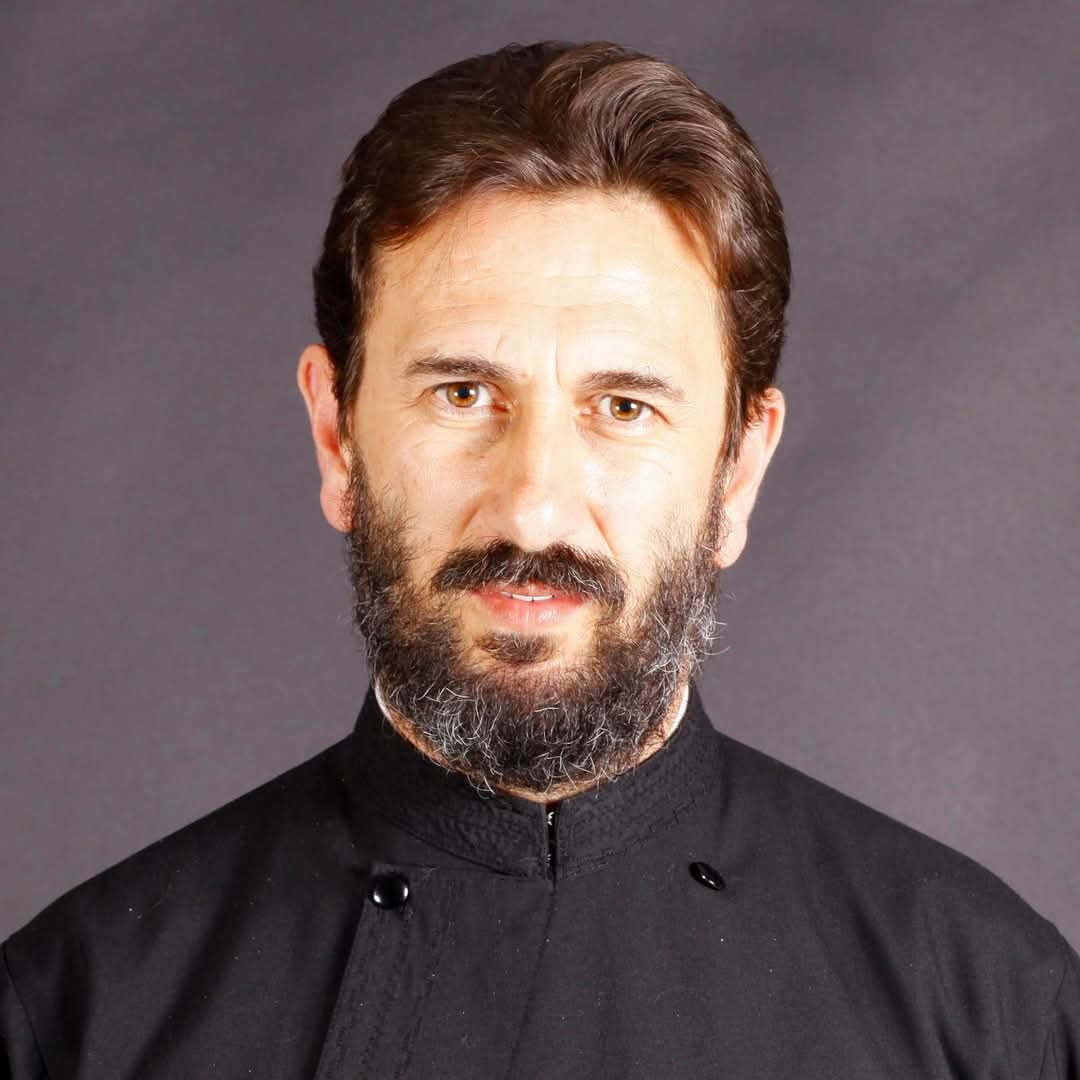Despre cum se repetă istoria şi de ce sau cum Ronald Reagan a învins comunismul, iar Barack Hussein Obama nu are nici o şansă de a se descurca măcar decent. Lumea lui Hâncu!
Acum 20 de ani Reagan rostea memorabila fraza, iar Germanii din est si din vest visau la disparitia comunismului, la libertate. De atunci ceva s-a intimplat, amnezia este mai grava decit isi putea oricine inchipui. Mometnul de fata este unul dintre acelea in care nu ma sfiesc de la a folosi cuvinte ca „nimeni”, „nicicind”, „nicicum”, pentru ca toate acestea descriu persoana, momentul si modul, conditiile in care in care acest articol din 3 iulie 2009 putea fi imaginat acum doar 20 de ani:
Actualizare: Majority of Eastern Germans Feel Life Better under Communism
Glorification of the German Democratic Republic is on the rise two decades after the Berlin Wall fell. Young people and the better off are among those rebuffing criticism of East Germany as an „illegitimate state.” In a new poll, more than half of former eastern Germans defend the GDR.
The life of Birger, a native of the state of Mecklenburg-West Pomerania in northeastern Germany, could read as an all-German success story. The Berlin Wall came down when he was 10. After graduating from high school, he studied economics and business administration in Hamburg, lived in India and South Africa, and eventually got a job with a company in the western German city of Duisburg. Today Birger, 30, is planning a sailing trip in the Mediterranean. He isn’t using his real name for this story, because he doesn’t want it to be associated with the former East Germany, which he sees as „a label with negative connotations.”
And yet Birger is sitting in a Hamburg cafe, defending the former communist country. „Most East German citizens had a nice life,” he says. „I certainly don’t think that it’s better here.” By „here,” he means reunified Germany, which he subjects to questionable comparisons. „In the past there was the Stasi, and today (German Interior Minister Wolfgang) Schäuble — or the GEZ (the fee collection center of Germany’s public broadcasting institutions) — are collecting information about us.” In Birger’s opinion, there is no fundamental difference between dictatorship and freedom. „The people who live on the poverty line today also lack the freedom to travel.”
Birger is by no means an uneducated young man. He is aware of the spying and repression that went on in the former East Germany, and, as he says, it was „not a good thing that people couldn’t leave the country and many were oppressed.” He is no fan of what he characterizes as contemptible nostalgia for the former East Germany. „I haven’t erected a shrine to Spreewald pickles in my house,” he says, referring to a snack that was part of a the East German identity. Nevertheless, he is quick to argue with those who would criticize the place his parents called home: „You can’t say that the GDR was an illegitimate state, and that everything is fine today.”
FROM THE MAGAZINE
Find out how you can reprint this DER SPIEGEL article in your publication.
As an apologist for the former East German dictatorship, the young Mecklenburg native shares a majority view of people from eastern Germany. Today, 20 years after the fall of the Berlin Wall, 57 percent, or an absolute majority, of eastern Germans defend the former East Germany. „The GDR had more good sides than bad sides. There were some problems, but life was good there,” say 49 percent of those polled. Eight percent of eastern Germans flatly oppose all criticism of their former home and agree with the statement: „The GDR had, for the most part, good sides. Life there was happier and better than in reunified Germany today.”
These poll results, released last Friday in Berlin, reveal that glorification of the former East Germany has reached the center of society. Today, it is no longer merely the eternally nostalgic who mourn the loss of the GDR. „A new form of Ostalgie (nostalgia for the former GDR) has taken shape,” says historian Stefan Wolle. „The yearning for the ideal world of the dictatorship goes well beyond former government officials.” Even young people who had almost no experiences with the GDR are idealizing it today. „The value of their own history is at stake,” says Wolle.People are whitewashing the dictatorship, as if reproaching the state meant calling their own past into question. „Many eastern Germans perceive all criticism of the system as a personal attack,” says political scientist Klaus Schroeder, 59, director of an institute at Berlin’s Free University that studies the former communist state. He warns against efforts to downplay the SED dictatorship by young people whose knowledge about the GDR is derived mainly from family conversations, and not as much from what they have learned in school. „Not even half of young people in eastern Germany describe the GDR as a dictatorship, and a majority believe the Stasi was a normal intelligence service,” Schroeder concluded in a 2008 study of school students. „These young people cannot, and in fact have no desire to, recognize the dark sides of the GDR.”
„Driven Out of Paradise”
Schroeder has made enemies with statements like these. He received more than 4,000 letters, some of them furious, in reaction to reporting on his study. The 30-year-old Birger also sent an e-mail to Schroeder. The political scientist has now compiled a selection of typical letters to document the climate of opinion in which the GDR and unified Germany are discussed in eastern Germany. Some of the material gives a shocking insight into the thoughts of disappointed and angry citizens. „From today’s perspective, I believe that we were driven out of paradise when the Wall came down,” one person writes, and a 38-year-old man „thanks God” that he was able to experience living in the GDR, noting that it wasn’t until after German reunification that he witnessed people who feared for their existence, beggars and homeless people.
Today’s Germany is described as a „slave state” and a „dictatorship of capital,” and some letter writers reject Germany for being, in their opinion, too capitalist or dictatorial, and certainly not democratic. Schroeder finds such statements alarming. „I am afraid that a majority of eastern Germans do not identify with the current sociopolitical system.”
Many of the letter writers are either people who did not benefit from German reunification or those who prefer to live in the past. But they also include people like Thorsten Schön.
After 1989 Schön, a master craftsman from Stralsund, a city on the Baltic Sea, initially racked up one success after the next. Although he no longer owns the Porsche he bought after reunification, the lion skin rug he bought on a vacation trip to South Africa — one of many overseas trips he has made in the past 20 years — is still lying on his living room floor. „There’s no doubt it: I’ve been fortunate,” says the 51-year-old today. A major contract he scored during the period following reunification made it easier for Schön to start his own business. Today he has a clear view of the Strelasund sound from the window of his terraced house.
Partea 2











![marius-bostan-foto[1] marius-bostan-foto[1]](https://inliniedreapta.net/wp-content/uploads/elementor/thumbs/marius-bostan-foto1-qt9ywoo2b2lgv37b76h9qr5yo6db5vwzoxbuvd4e6o.jpg)












12 Comments
Riddick
27 July 2009Aoleooo, asta-i pizda aia idioata de Janeane Garofalo, este? As trimite-o sa o faca posta un pichet de graniceri de prin Siberia…
Imperialistu'
27 July 2009Riddick, ea pare sa fie, dar vezi ca nu incurajam violul, in doi sau in grup :lol:. O sa o iau ca pe o invitatie la implinirea celor mai intime dorinte in patria socialismului biruitor (exista si persoane cu genul asta preferinte), dar te rog pe viitor, fara mesaje de acest tip. ????
chriscross
27 July 2009foarte „tare” prezentarea. prezentari de genul asta mi-ar placea sa vad si pe pjtv… (nu-mi place clovnul ala zis si Steven Crowder ???? )
Imperialistu'
27 July 2009Chriscross, Crowder are de toate, si bune, si rele. Altii fac munca lui Hancu pe la PJTV. Mai dai o sansa lui Crowder, are si destule chestii simpatice.
costin
27 July 2009Da domnule Hincu, acum 20 de ani Reagan rostea memorabila fraza, iar Germanii din est si din vest visau la disparitia comunismului, la libertate. De atunci ceva s-a intimplat, amnezia este mai grava decit isi putea oricine inchipui. Mometnul de fata este unul dintre acelea in care nu ma sfiesc de la a folosi cuvinte ca „nimeni”, „nicicind”, „nicicum”, pentru ca toate acestea descriu persoana, momentul si modul, conditiile in care in care acest articol din 3 iulie 2009 putea fi imaginat acum doar 20 de ani:
Majority of Eastern Germans Feel Life Better under Communism
Partea 2
dr. jones
27 July 2009ma intreb ce se intampla cu rudy.
omul asta are cateva atuu-ri in buzunar – si totusi nu iese in fata…
http://www.realclearpolitics.c…..ut_up.html
am citit un articol bun despre palin. autorul se intreba de ce palin continua sa fie atacata la fel de feroce de catre MSM si dupa ce alegerile au trecut demult.
concluzia: le este frica!
totusi, ce se intampla cu rudy?
ar putea fi el un nou reagan sau palin o noua theacher?
Francesco
27 July 2009@dr. Jones,
Grozav interviul cu Giuliani! Este unul dintre politicienii republicani cei mai respectati, dar nu a avut priza la public in preliminariile de anul trecut. Din pacate…
dr. jones
27 July 2009da. si asta in timp ce…
sau sa zic meanwhile ca sa par intelectual?
Talk about a pet project. A tiny mouse with the longtime backing of a political giant may soon reap the benefits of the economic-stimulus package.
Lawmakers and administration officials divulged Wednesday that the $789 billion economic stimulus bill being finalized behind closed doors in Congress includes $30 million for wetlands restoration that the Obama administration intends to spend in the San Francisco Bay Area to protect, among other things, the endangered salt marsh harvest mouse
somajul a ajuns la cote neprevazute si administratie sustine sus si tare ca stimulus isi face efectul.
cu alte cuvinte banii cheltuiti pentru a studia habitatul soarecilor de balta sau a homosexualilor din barurile argenitniene au revigorat substantial economia.
bai nene! ce sa faci mai intai?
sa razi? sa plangi? sa te crucesti?
uite si un interviu din „tabara adversa”:
Pelosi: „Glory Days” For Health Insurers Are Over
http://www.realclearpolitics.c….._over.html
adica ce ar fi mai mult de atat?
sa ti se spuna in fata: baieti, zilele glorioase ale visului american sunt pe sfarsite!
visul europeano-socialist e viitorul!
dr. jones
27 July 2009hahahaha!
fenomenal:
Obama: ‘Spirit of innovation’ key to the future
http://www.washingtontimes.com…..ey-future/
cunosc ambele sisteme de inovatie.
unul a lasat urme adanci: „romanul e descurcaret” – n’a murit de foame pe vremea comunistilor: a invatat sa dea spaga, sa fure fire electrice, fabrici si uzine, sa sparga conducte de petrol si sa care cu galeata iar cei mai nefericiti inovatori au murit electrificati pe stalpi incercand sa taie firele de inalta tensiune pentru a le vinde la fier vechi.
vs.
buy one get one free.
pentru a atrage clientul.
reduceri de preturi si diferite forme de servicii pentru a face capital.
si a-l reinvesti.
sau poate o fi vreun sfat pentru vremurile ce vor veni?
dr. jones
27 July 2009erata: comunistilor sau ciumei rosii in loc de capitalisti.
Imperialistu'
27 July 2009Problema lui Giuliani e ca pedigree-ul conservator ii lipseste si nu este nici atat de bun la gargara precum alde Huckabee, desi in clipul de mai sus e simpatic. ????
costin
27 July 2009Lay me doon in the caul caul groon
Whaur afore monie mair huv gaun
Lay me doon in the caul caul groon
Whaur afore monie mair huv gaun
Staun ma groon al nae be afraid
Sweat an bluid hide ma veil awe tears
Close yir een an remember me
For a fell tae a Germans gun
Whaur afore monie mair huv gaun
Whaur afore monie mair huv gaun
Lay me down in the cold cold ground
Where before many more have gone
Lay me down in the cold cold ground
Where before many more have gone
Stand my ground I’ll not be afraid
Sweat and blood hide my veil of tears
Close your eyes and remember me
For I fell to a Germans gun
Where before many more have gone
Lay me down in the cold cold ground
Where before many more have gone
Seaforth Highlanders
Who along with many others gave up his life
So that we can live free